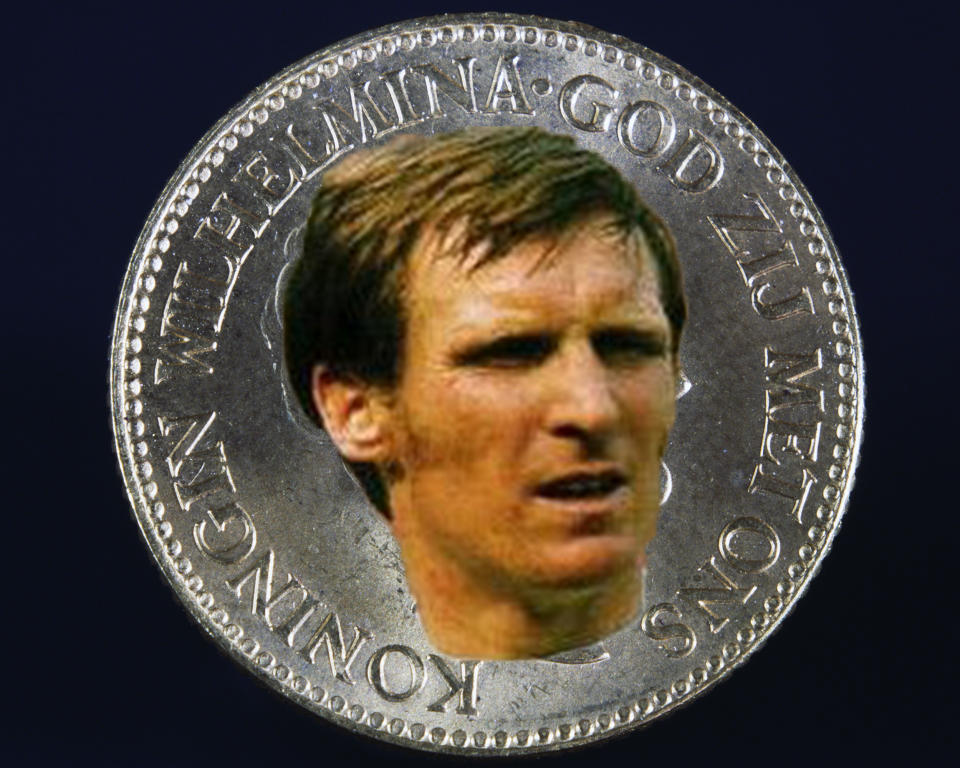The day Celtic conquered Europe with a Dutch coin to send Eusebio's Benfica crashing

Picture the scene: Your team has pegged back at 3-0 first-leg deficit in the European Cup but after extra time there is still no winner with a semi-final place up for grabs.
If Pep Guardiola’s Manchester City do manage to overturn their mauling at the hands of Liverpool at Anfield last week after 120 minutes the very least they will expect is the lottery of penalties.
But imagine a UEFA where draws with no away goals to separate teams are so rare that nobody has bothered to think up the much-maligned ‘spot-kicks-to-decide-the-winner’ scenario.
Imagine no more – because it happened on November 26 1969 after Benfica beat Celtic 3-0 at the Estadio da Luz with goals from Eusebio, Diamantino Costa and Jaime Graça. Only grainy footage of that dramatic night survives.
READ MORE: Celtic Fan View – Time for Charly Musonda to sink or swim
READ MORE: Guardiola identifies flaw in his own management
READ MORE: Guardiola considering big changes for Liverpool return leg
Tommy Gemmell, Willie Wallace and Harry Hood had put the Bhoys in apparent control two weeks earlier at Park Head as the 1967 European champions destroyed one of the continent’s top teams.
But after Diamantino’s 90th-minute strike levelled matters, the onion bag remained unrippled for the extra 30 minutes.

So… Dutch referee Laurens van Ravens then summoned Celtic skipper Billy McNeill and Benfica counterpart Mario Coluna into his dressing room.
Their respective managers – Jock Stein was Celtic boss at the time – went with them. The two linesmen and a handful of pressmen also squeezed into the room, while players packed the corridors of the stadium.
McNeill recalled that he would ‘rather be anywhere else at that moment’. He asked Stein what he should call only for the manager to shout: ‘You’re on your own.’
McNeill called ‘heads’ and won. Cue the celebrations. But wait…The referee informed him this was just to see which of the captains would have the right to spin the coin.
He handed the Scot the silver Dutch two-guilder piece to toss into the air to determine which club would reach the last four. ‘I stuck with my hunch and called heads again,’ McNeill said.
The coin landed on the floor, rolled, hit the referee’s foot and lay still. As everyone bent down to get a look the Celtic captain punched the air when he saw he had made the right call.
‘The toss of a coin was a farcical way of deciding a quarter final – irrespective of who won,’ added McNeill.
‘Paul Wilson was standing at the door listening to what happening and bolted for the dressing-room to tell the players when he heard we had won.
Chaos
‘After it was decided, it was chaos. I didn’t speak to any of the Benfica players afterwards, but I know they were angry. It was great to get into the semi-final.’
Because the match started around 9pm, it was almost midnight by the time Celtic were confirmed winners.
Back then there was no Internet, no 24-hour rolling news and sport TV and no mobile phones. Back then people read newspapers but they would not have been able to publish the report because it missed all the deadlines.
No social media and a European Cup quarter-final settled by a rolling Dutch coin.
The first people would have heard about it is on the radio hours later at breakfast time.
Back then, good news travelled slowly. So penalties to decide matches aren’t such a bad thing after all when you consider the possible alternatives.

 Yahoo Sport
Yahoo Sport 






































